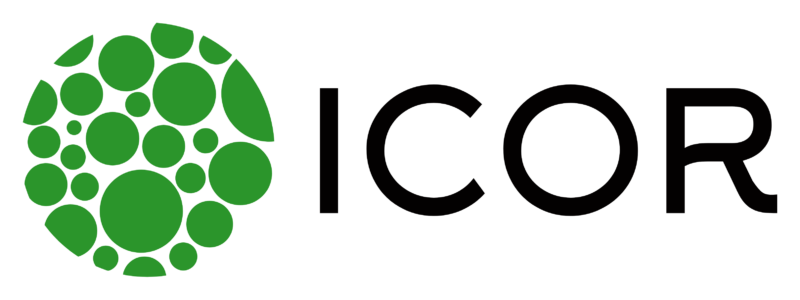ICOR’s Broadened Mission: Connecting efforts to build open collaborative research
There could not be a better time to announce the re-launch of ICOR’s website — extending its mission described in this blog post over a year ago — featuring real-world efforts by the open science community to build an evidence base and best practices. The site now features community organizations that are planning, implementing, and refining tools and practices with a common goal and with an eye toward standardization and collective action to build open collaborative science.
This coincides with the remarkable memo from the White House naming 2023 the Year of Open Science, and similar announcements from US federal agencies.
In a recent SPARC article, ICOR co-founder Sarah Greene said, “with a system to track and score open science practices…the potential impact on the pace of discovery is tremendous…it will change science, unimaginably.” ICOR is committed to building a strong foundation for open research, working with community-based projects such as persistent identifier and repository organizations, funders and publishers testing new models and policies, team science advocates, and open source tool builders creating ways to measure openness.
“With a system to track and score open science practices…the potential impact on the pace of discovery will change science unimaginably.”
The re-launched website now showcases 50 registered projects, with “Cards” that describe how their work addresses ICOR’s mission to shift all phases of the research cycle from closed (red) to open (green).
Coalition is being built among related community projects, grouped in 11 “Solution” spaces according to the cards’ metadata. Each Solution page (e.g., see, Policies and Agreements) describes its overall mission and lists the goals connecting the projects shown on that page. Visitors to the ICOR website can make their own connections by clicking on a card’s keywords to find like projects or by clicking the “I’m Interested” button.
In addition to coordinating community activities, ICOR will:
- help project leaders adopt an experimental design that permits collection and analysis of results (as currently being planned with Epiverse, Arcadia Science, and TWCF)
- communicate project outcomes and identify trends and gaps within the culture of openness
- catalog the body of evidence and best practices for open scholarship as a means of more reproducible and innovative research outcomes
- demonstrate practical methodologies that enable, incentivize and reward open and collaborative research.
ICOR seeks to register all projects that aim to radically change the status quo of closed research.
Because ICOR is creating a community “Project Library,” ICOR seeks input from its stakeholders and registration of projects that aim to radically change the status quo of closed research. This can be done via the “Submit Your Project” button on each Solution page. Providing very brief metadata will elicit a Project page, while adding optional details such as goals, deliverables and ‘what’s needed’ will offer greater opportunities for connections and support (e.g., see the Preprints in Progress Project page).
ICOR’s expanded mission to build community mirrors its commitment to openness and collaboration as critical for achieving faster, better research outcomes.
